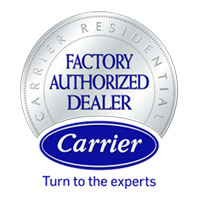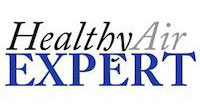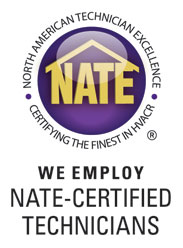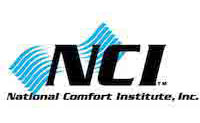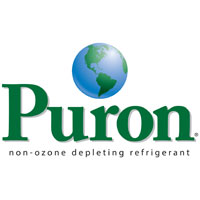Changing your heating and air conditioning air filters is quick and easy to do, but it’s also easy to overlook. Many people don’t realize the importance of this simple task and the negative consequences that can result from using the same air filter for many months.
Air filters play an important role in the quality of your indoor air and the function of your HVAC system. With old and dirty filters, you may begin to suffer symptoms connected to poor air quality and see heating and cooling bills rise.
Protect Your Indoor Air
Air filters trap dirt particles and other contaminants that would otherwise circulate through your interior spaces and pass through your HVAC system. Depending on the quality of your air filter, these barriers remove everything from large dust particles to smaller contaminants like mold spores, bacteria and viruses. Air filters that become dirty and worn with overuse are no longer effective at removing these particles from the air you breathe.
The consequences of breathing contaminated air can range from merely unpleasant to truly serious. Headaches, congestion, sinus irritation and itchy eyes are all common problems with poor indoor air quality. With prolonged exposure to contaminated air, respiratory or cardiac disease become real concerns.
Keep Your HVAC System Clean
In addition to removing harmful particles from the air you breathe, filters also prevent these particles from getting into your HVAC system. Contaminants from a dirty filter can make their way into your heating and cooling equipment, and potentially cause damage to or impair the function of your coils, motor or fans. All of these components are crucial to your system’s performance, and problems with any of them will reduce the efficiency of your heater or air conditioner. In the event of damage, repairing or replacing any of these parts will be much more expensive than replacing your air filter.
A dirty air filter can also make it harder for air to pass through your system. These filters are designed to be air permeable barriers that will catch particles without blocking air circulation. However, as contaminants build up on your filter the particles themselves begin to block air flow, your system has to use more energy to heat and cool your home. More energy use means higher energy bills, and this hidden cost can also add up to much more than the cost of a new air filter.
Change Frequently and Choose Wisely
In general, you should change your air filter every 3-4 months. To ensure the best results from your air filter, you should also put some careful thought into your choice of filter. Some options offer great air flow but trap only larger particles, while others offer a more formidable barrier for contaminants but can also make it a little harder for air to pass through.
Thank you for visiting our blog! If you found this information helpful, please follow our blog for more about the world of HVAC.







